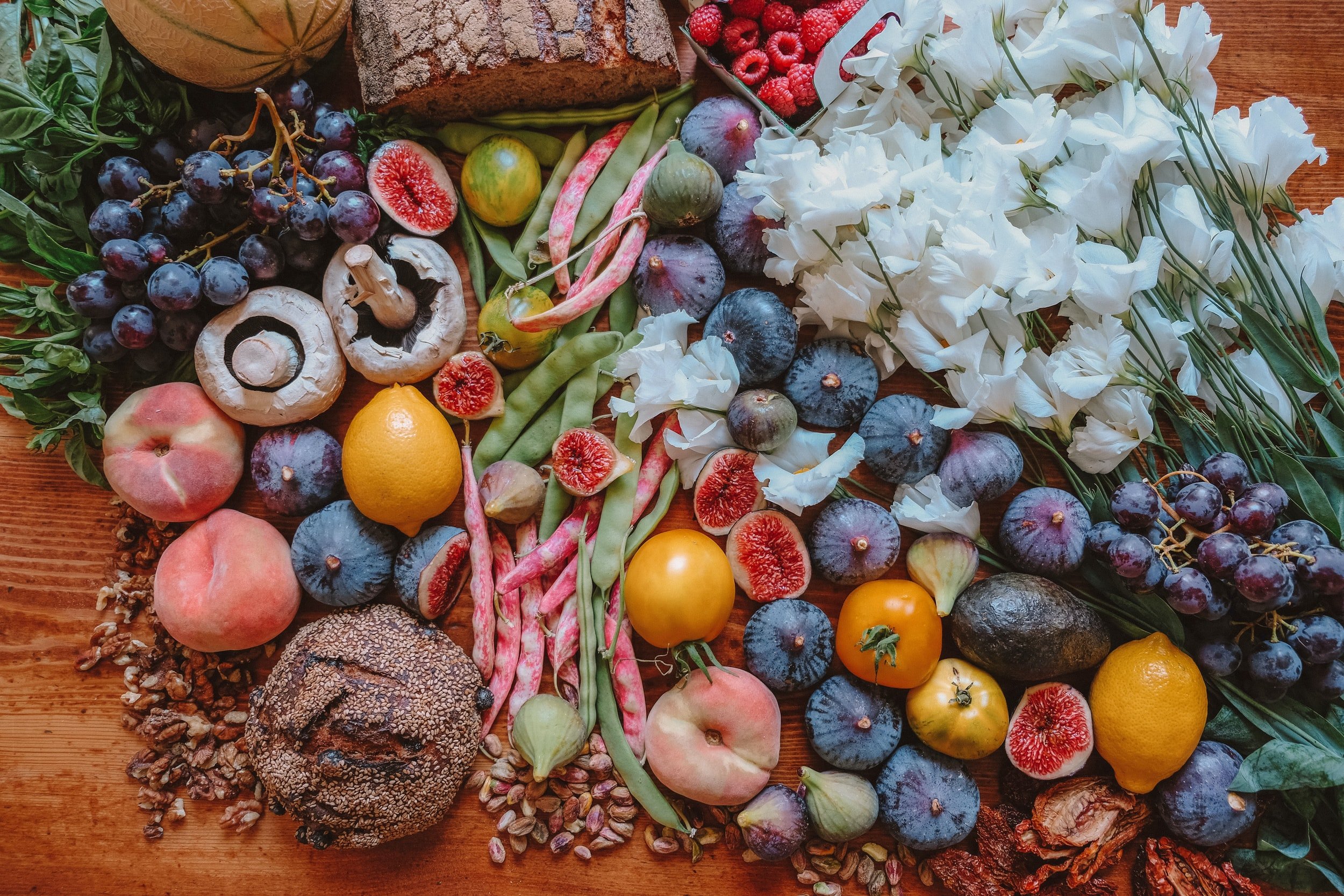Gut Health is Crucial
It’s no secret that many of us are struggling with our health, partly due to our food choices, lack of exercise, toxic environments, and the state of the gut.
The gut plays a crucial role in how well your body functions on a day-to-day basis. It’s often called the second brain because it converts raw materials into usable nutrients for your entire body through digestion and helps produce hormones that affect moods, sleep patterns, hunger levels, and more. Along with determining the type of food you can digest easily (i.e., gluten), your diet also impacts its health—gut health being so essential for so many reasons.
Gut health is especially important for our children. As infants and young children, their gut health can have a lasting effect on their future physical, mental, and emotional well-being. If your baby’s gut isn’t in good shape, you may be setting them up for early risk of developing conditions like food allergies and asthma later on. But a healthy gut doesn’t just protect your child’s body; it preserves their mind as well.
One of the most important organs in the body is your gut. It helps process food, getting it into helpful nutrients and filtering out harmful substances. Problems with your gut can cause many health problems, from arthritis to irritable bowel syndrome. The good news is that you do have a say about the health of your digestive system! Simply by following these simple principles for better gut health and balancing your diet, you can take charge of maintaining a healthy lifestyle.
Facts on Gut Health
To understand how your gut works, it helps to know a little bit about its anatomy. Your entire gastrointestinal tract comprises the esophagus, stomach, and intestines. The intestines are divided into three segments:
-
The small intestine is about 20 feet long.
-
The large intestine also called the colon and about 5 feet long.
-
The rectum delivers waste to your anus.
The most significant part of your immune system resides within your gut – up to 80 percent! That’s why good gut health has such an impact on overall wellness. The intestinal wall protects against toxins that might get through from the food you eat or pathogens you might come into contact with. The gut is also responsible for absorbing nutrients from food. The health of your gut is directly related to how well it does these two things.
The gut contains over 100 trillion bacteria, some good, some bad. Most of the bacteria are in the colon, but some are in the small intestine. We can’t live without the healthful, probiotic bacteria because they help us digest food and create vitamins and nutrients that we need to stay healthy. So, getting good bacteria into your system and killing off harmful ones is a vital part of any health plan.
Gut Health Affects your Lifestyle
Eating a healthy diet is one of the keys to better gut health, but not the only one. Here are other ways to support strong gut health and avoid problems that may develop over time.
Water is essential for your digestive system and brain function, which means hydrating your body is necessary. Water contains essential minerals that help fuel your immune system. In contrast, hydrochloric acid in your stomach helps break down food and absorb nutrients, so keep water flowing by drinking at least 64 ounces of water a day.
Improving Gut Health in Children
It is no secret that the gut and the immune system are linked. That said, what is not commonly known is how critical taking care of our gut health can be for children. What steps can we take to ensure our child’s gut health stays on track? Here are some tips:
Feed them yogurt and kefir
There are several different types of yogurts and kefir that families should try with their children, including full-fat yogurts and sheep or goat milk kefir. These options provide more protein than low-fat options, which might be helpful if your child has a challenging time with digestion. Ideally, children would consume more yogurt and kefir, but starting young is better.
Try lactose-free items
Some parents worry that as their children get older, they will have trouble digesting dairy products, but there are lactose-free alternatives that they can enjoy while they are still young.
Get your child involved with meal planning.
Kids love to eat what they eat and don’t consider how complicated it is to create a meal for them. If you let them help pick out their snacks and meals, you might be able to make sure their diet is not too high in refined carbohydrates or too low in beneficial fats.
Expose them to fermented foods
It’s never too early to get kids used to a wide range of fermented foods, from kimchi, sauerkraut, and kefir to yogurt and buttermilk. Introducing these foods can help expand the diversity of their gut flora. The more diverse their internal ecosystem is, the better they can ward off outside invaders that could cause dangerous health problems.
Get moving
Even if your kids don’t have time – or interest – in sports, they should still be encouraged to spend some time each day engaging in physical activities. Not only does exercise improve physical growth, but it also improves mental health. This is particularly important for children who spend most of their day in school. For example, taking a walk after lunch may help prevent spikes in blood sugar, leading to the development of diabetes.
Get your child involved with gardening.
If you have the space and time, consider starting a garden together. You can also let your kids decorate pots or containers with flowers or herbs that you can grow indoors during the colder months. Having plants around will not only help improve physical health (by helping with mental health and lowering stress levels), but they can also encourage children to eat healthier food. Chefs often use herbs grown in their gardens when preparing meals for their families.
Start Working on Gut Health Now
Gut health is essential for several reasons, including general wellness and conditions that have downstream effects on the rest of your body – like certain types of inflammatory bowel disease or obesity.
An excellent way to start is by eating plenty of vegetables, fruits, beans, and nuts. All but nuts have a higher percentage of fiber (which includes pectin, gum, and lignin) than any other food group. The average gut contains around 3kg of bacteria (though it varies by person), so it’s worth keeping in mind that a lot more than just one type of bacteria resides there. That means that you’ll be feeding the correct type of bacteria when you start adding lots of fiber into your routine.






